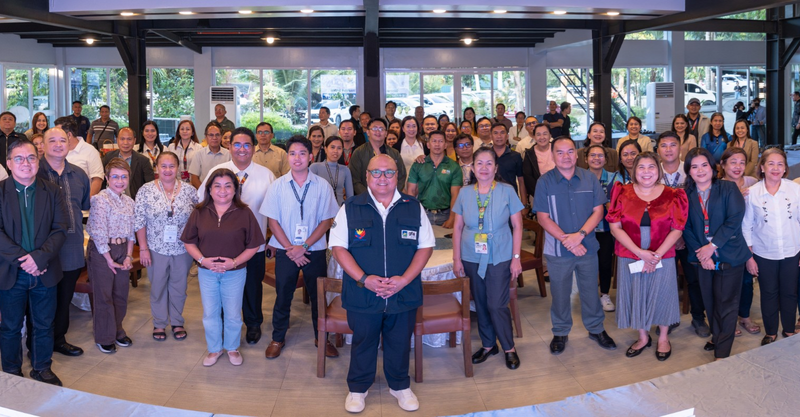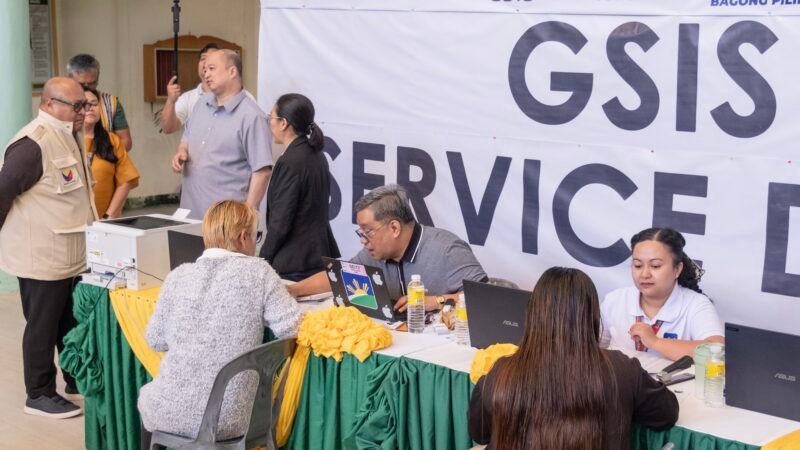PhilRice Ordered to Cease GM Golden Rice and Bt Eggplant Activities by Court of Appeals
The Philippine Court of Appeals (CA) has upheld its decision to protect the public’s right to a healthy environment by revoking the biosafety permit for genetically modified (GM) Golden Rice and ordering PhilRice to cease all commercial propagation and activities related to the crop. The court’s decision remains firm until there is conclusive proof of safety and full compliance with all legal requirements. The ruling also extends to Bt eggplant, another GM crop currently cultivated in the Philippines, with a similar cease and desist order in place.
Greenpeace Southeast Asia campaigner Wilhelmina Pelegrina responded to the ruling, emphasizing its significance for Filipino farmers and the environment. “This ruling reinforces the victory for farmers and Filipinos who have long opposed GM crops to protect our country’s food, agriculture, and environment,” said Pelegrina. She noted that the Court of Appeals’ decision upholds the constitutional rights of Filipinos and stresses the government’s responsibility to serve the public’s interests over those of agrochemical companies.
Pelegrina criticized the proponents of GM crops for disregarding the court’s decision and spreading misinformation. She urged them to respect the rights of Filipinos to farm and consume the food they choose, rather than imposing Western products in a neocolonial manner. Filipino farmers and researchers are already working on holistic and sustainable solutions to address nutrition deficiencies through diverse diets, equitable access to food, and ecological agriculture.
Since the original CA decision in April, Greenpeace and Filipino petitioners have faced negative propaganda in international news outlets. This prompted Magsasaka at Siyentipiko para sa Pag-unlad ng Agrikultura (MASIPAG), a farmer-scientist group, to release an open letter in June. The letter highlighted the country’s dependence on imported GM corn and soybean meal for animal feeds, pointing out the failure of local GM production.
Greenpeace has consistently raised concerns about the approval of GM crops in the Philippines due to insufficient safety assessments. “Filipinos should have the autonomy to choose the technology or solution that best fits their needs,” said Pelegrina. She argued that allowing the further infiltration of GM crops, especially rice—the nation’s staple food—would be detrimental to the economy and to farmers.
Pelegrina also called on the Department of Agriculture to focus on promoting sustainable agricultural solutions that provide nutrition and resources to farming communities, ensuring self-sufficiency in the face of the climate crisis. She emphasized that supporting foreign corporations at the expense of Filipinos’ agricultural independence and food sovereignty is counterproductive, especially given the already volatile state of the country’s food and agriculture systems.



